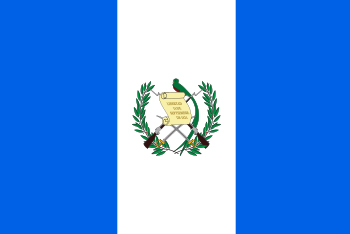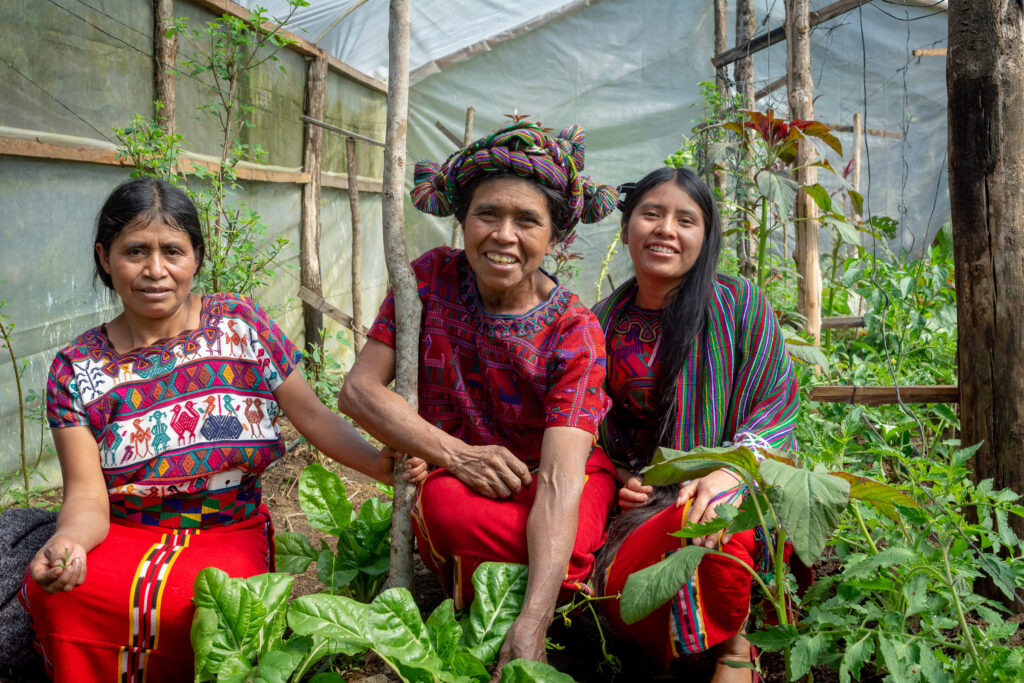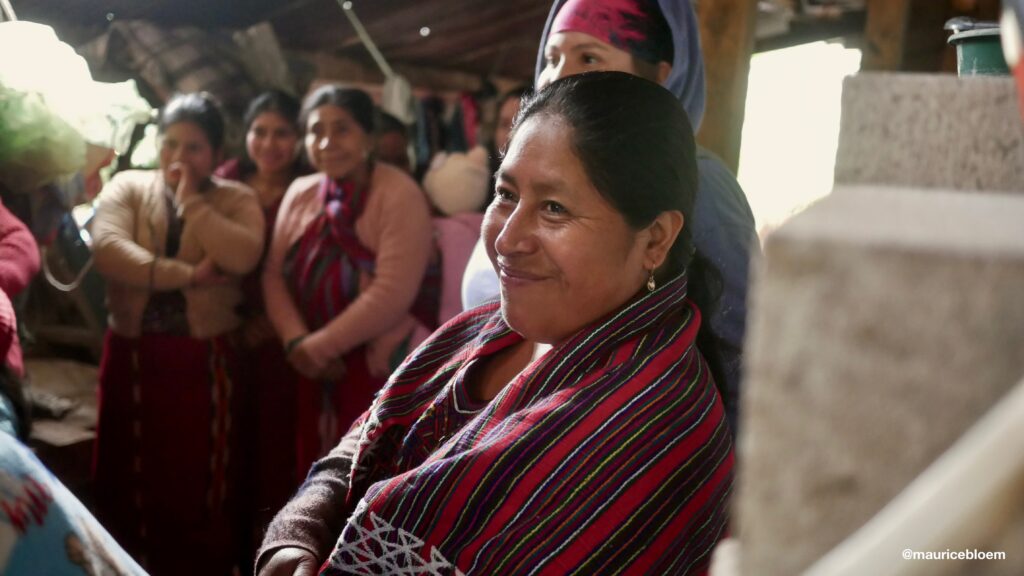 Guatemala Nebaj Quetzaltenango
Guatemala Nebaj Quetzaltenango
$89,947 needed of $180,000

Implementing Organization
Church World Service (CWS)
Program Summary
The Western Highlands of Guatemala have some of the highest levels of child malnutrition and stunting in the world. Indigenous communities continue to suffer from the injustices of armed conflict and the lack of governmental investment in their communities. This program works to repair the social fabric that was destroyed in the conflict by bringing women together in vegetable gardening programs. As women work together in greenhouses, they are able to earn an income through the sales of their vegetable crops. Working together allows them to farm larger plots and also helps them to see the challenges facing their communities and identify solutions. In some communities, women from the program have even been elected to local public office. This program helps women to meet the immediate needs of their families and also address systemic, deep-rooted issues. The program is implemented in the regions of Nebaj, and San Martín Sacatepéquez.
Greenhouses Help Guatemalan Families Thrive
Success Stories

Certification Courses a Win-Win-Win-Win-Win
When women were offered a chance to get a diploma for a 40-hour course on entrepreneurship, post-harvest processing and business management, many looked wistful. Sure, that would be nice, but who would look after their children, houses and gardens? When they found out that the courses would be given locally and require only one eight-hour day of study per week for five weeks, enrollments shot up.
In designing new economic opportunities and innovations for program communities, local partner CIEDEG carefully considered how best to support the women who would benefit most from this instruction. Traveling away from home was out of the question due to the time and expense, as was holding classes before or after their already-busy days. But finding family members who could cover for them one day a week was doable.
The thirty women selected for the certification coursework learned techniques for processing, storing and safely preparing or preserving different fruits and vegetables, both native and non-native. In the segment on starting a small business, management and product marketing they learned about tracking expenditures such as inputs and packaging. They also studied market prices and consumer demand.
Participants were very enthusiastic and encouraged by the courses, not only because of the economic opportunity, but the fellowship. They brought in produce from their gardens to practice preservation techniques, and enjoyed tasting a variety of preserved or prepared foods, some of them new to them.
In addition to the value of their newfound knowledge, completing a certification course was a major source of pride for them, their families and their communities. One woman said she now feels better about working in her garden just knowing that at home she has a diploma with her name on it hanging on the wall.
One group of the diploma-holders even decided to set up a place to sell their preserved products to national and international visitors who came to a view a beautiful volcano, feeling that their diplomas would underscore the value of their products.
Guatemala Nebaj Quetzaltenango Program
Led by Church World Service and Local Partner Conference of Evangelical Churches of Guatemala (CIEDEG)
